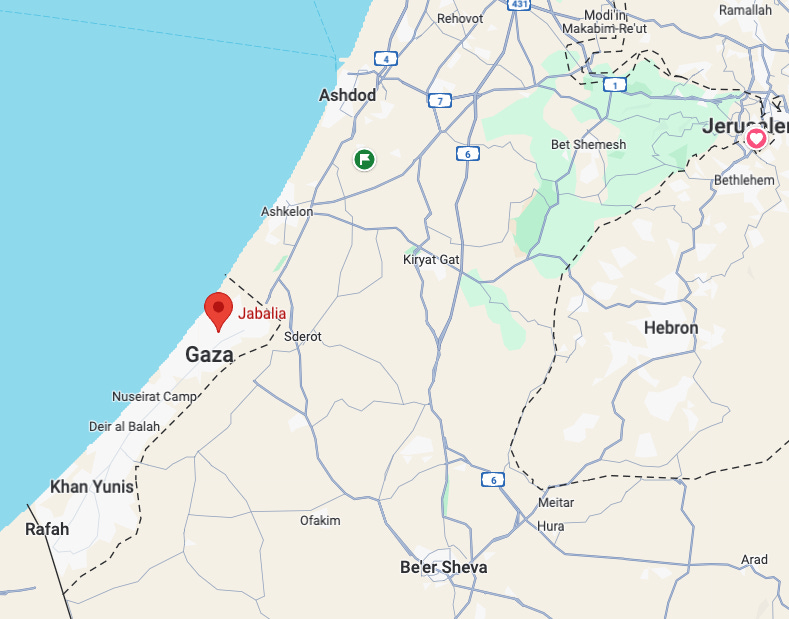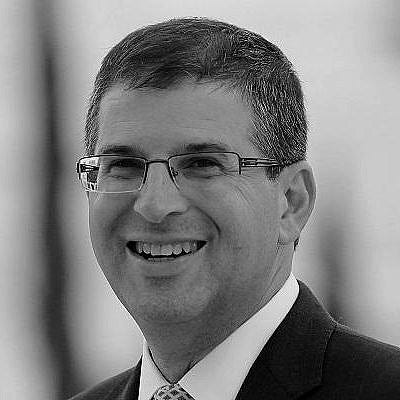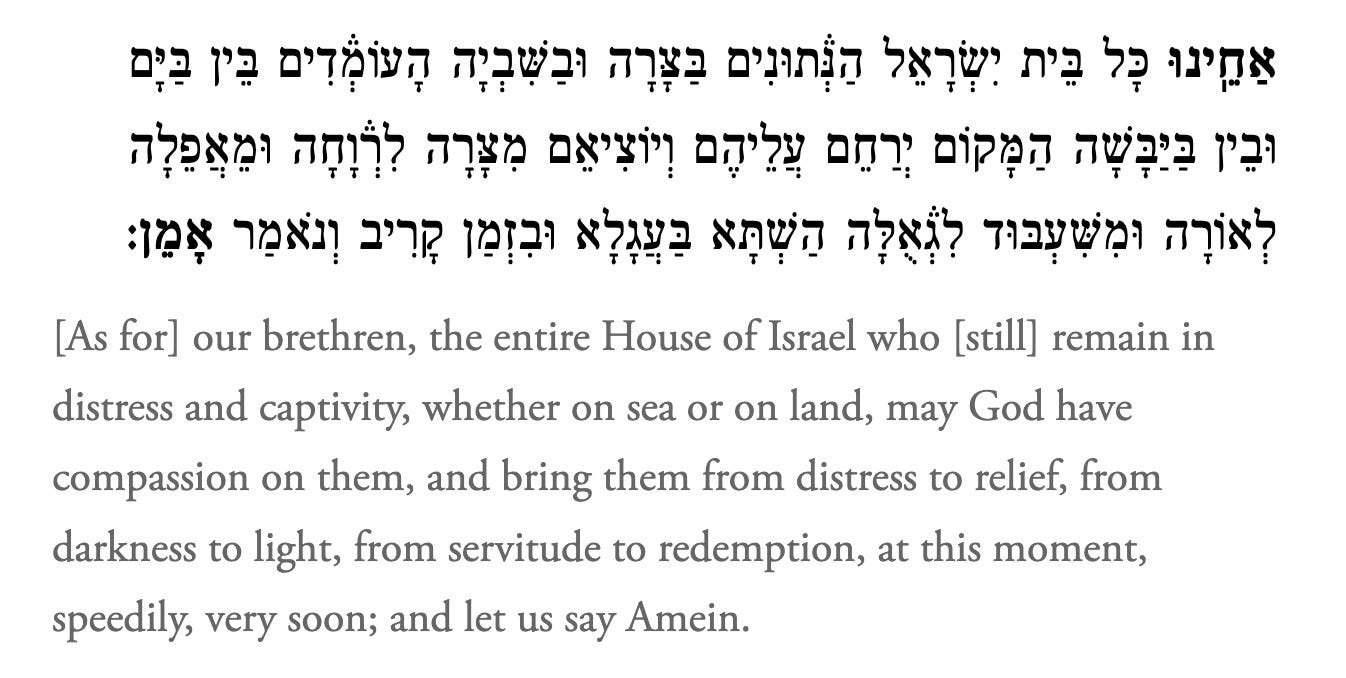While almost all conversations about “elections” in Israel these days are about the question of whether Israel will go elections before their regularly scheduled date in October 2026 (three years after the Hamas attack), other elections are supposed to happen much sooner. Those elections, for the two Chief Rabbis, were to have taken place last August, but were then delayed until this month, and now it appears that they will be postponed once again.
Why are the elections being delayed? What’s at stake? Does it really matter to most of who who the Chief Rabbis are? And what about that deal that was supposed to ensure that Israel actually elected to a Zionist Chief Rabbi? How is it even possible that that’s a controversial position?
Rabbi Seth Farber returns to our podcast to explain all that, and ends his discussion with the hopeful note that despite the nepotism and corruption at the heart of these elections, a younger generation of Israelis is not likely to put up with this system for much longer.
Before we go on to Rabbi Farber and the elections for Chief Rabbi, a quick glimpse at a video clip that was part of a larger story this week on the IDF’s departure (again) from Jabalia, in the northern Gaza strip.
As you watch the clip, you’ll see the soldiers pointing to a kindergarten that was situated inside the Hamas command center that they are about to blow up, you’ll hear reserve soldiers speak openly about how it’s getting harder and harder for their families to deal with their repeated, lengthy absences (even as Haredim, of course, refuse to join the fighting force), and take note of the reporter’s comment at the very end that though the soldiers are leaving Jabalia, one thing is clear— they’re going to have to come back, time and time again.
And in case you missed it in the numerous new sites that ran it—Hezbollah yesterday posted video from one of its drones that infiltrated Israel, got to the Kerayot, a large residential area not far from Haifa, surveyed numerous commercial centers, photographed the Haifa port including Israeli battleships there, AND made its way safely back to Lebanon, according to Hezbollah—a report the IDF did not deny. The fully video is quite long, so we’re posting here just selections.
Releasing the video was clearly psychological warfare—an attempt to remind Israelis how vulnerable we are to Hezbollah’s technology, how permeable our skies are, and how likely it is that if they sought to, Hezbollah could wreak destruction all over the north.
The video has Arabic writing, but you don’t need to read the Arabic to get the point that Hezbollah was making. Many Israelis are beginning to dread what may unfold in the north, even as others remind them that there may simply be no choice.
Now, Rabbi Seth Farber navigates us through the maze of issues related to the elections for Chief Rabbi, delayed once and likely to be delayed again.
Rabbi Farber has been on the podcast before to discuss the Chief Rabbinate and the ways in which its rulings have no precedent in Jewish law, as well as his role on the national committee to select which medicines and treatments are covered by Israeli’s socialized health care, and then again shortly after October 7 to discuss the issues of burial.
Rabbi Seth Farber was raised in Riverdale, New York, ordained by Yeshiva University, and today lives in Ra'anana with his wife and five children (three of whom are currently in the army). As the founder and director of ITIM: The Jewish Life Advocacy Center, Rabbi Farber is one of the most important people in Israel working to fashion a more inclusive religious establishment for Israeli Jews at all stages of their lives.
The link above will take you to a brief excerpt of our conversation; the full conversation, along with a transcript for those who prefer to read, is being made available to paid subscribers to Israel from the Inside.
Music credits: Medieval poem by Rabbi Shlomo Ibn Gvirol. Melody and performance by Shaked Jehuda and Eyal Gesundheit. Production by Eyal Gesundheit. To view a video of their performance, see this YouTube:




















